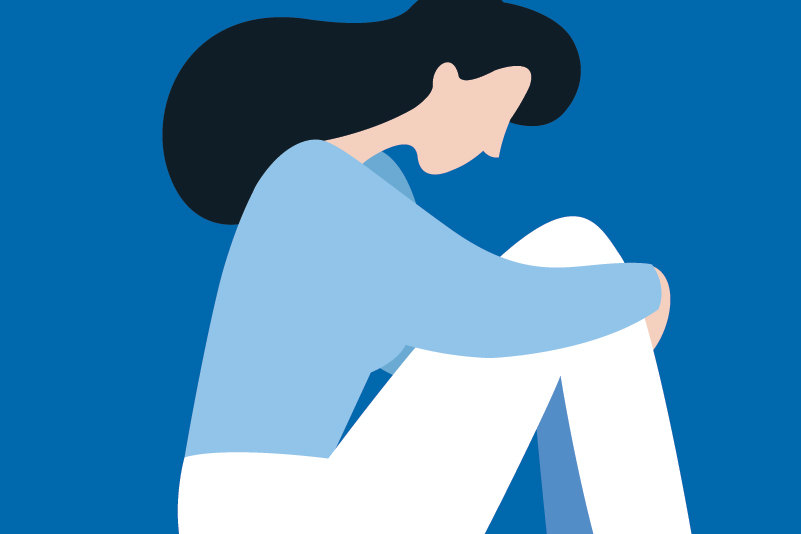#116 Vitamin D and Low Mood: The easy perky pill.

Reading Tools for Practice Article can earn you MainPro+ Credits
Join NowAlready a CFPCLearn Member? Log in
- Ten RCTs examined patients with normal mood [example: 4-7 on Beck Depression Inventory (BDI)1,2,4 and ≤15% depressed].1-9
- RCTs included 44-2263 patients, lasted five days to three years, and gave 400 IU/day to 40,000 IU/week of Vitamin D.
- Despite multiple outcomes in nine studies, only two showed any impact:
- Statistically but not clinically significant 1-1.5 point change on a 63-point BDI scale.1
- Statistically significant seven-point change (out of 40) in “positive” mood parameters, no change in “negative” mood parameters.8
- Limitation: Smallest and shortest study, 44 people for five days.
- Vitamin D had no benefit in prevention of depression.5,9
- Two RCTs examined depressed patients:6,10
- Iranian three month trial of 120 patients given single intramuscular dose of 300,000 IU or 150,000 IU or nothing.10
- Mean improvement in BDI was 9.3, 6.8, and 2.1.
- 300,000 IU statistically superior to nothing.
- Subgroup of 57 depressed patients in 489 person RCT.6
- No difference between Vitamin D and placebo for recovery.
- Observational studies have shown an association between low Vitamin D levels and a higher risk of depression or low mood.11
- This research is at very high risk of bias and cannot show causation.
- Dosing RCT of 600 IU/day vs. 4000 IU/day found no difference in mood.12
- Most RCTs included above have multiple flaws and high risk of bias, including poor randomization, lack of blinding, no description of patient characteristics, non-intention to treat analysis, large loss to follow-up, etc.1-10
- In general, RCTs with better design (examples2,4) found no effect, while the only RCTs finding benefits were at the highest risk of bias (examples8,10).














